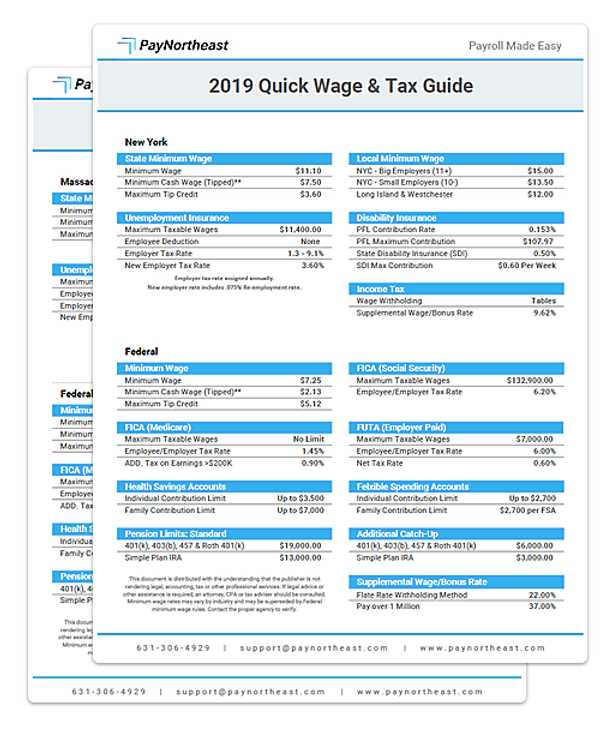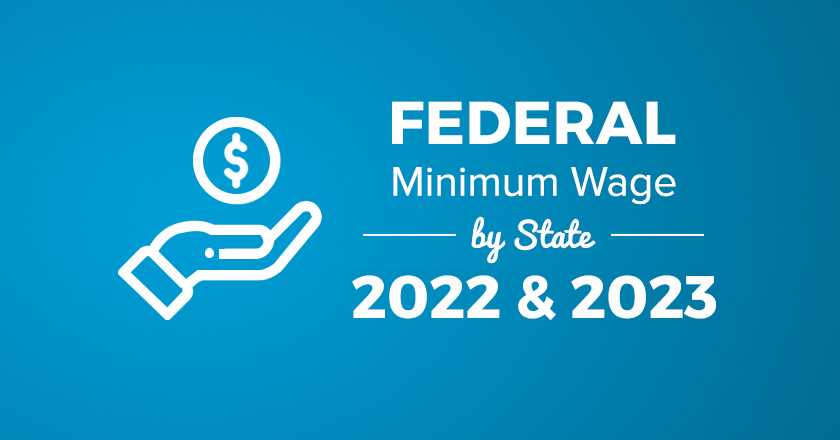Minimum Wage: Federal vs State
The federal minimum wage is the minimum hourly wage that must be paid to most workers in the United States. As of July 2021, the federal minimum wage is set at $7.25 per hour. However, individual states have the power to set their own minimum wage rates, which can be higher than the federal minimum wage.
Currently, 29 states and the District of Columbia have minimum wage rates higher than the federal minimum wage. These states have recognized the need for a higher minimum wage to keep up with the cost of living and to provide a fair wage for workers.
It is important to note that when there is a difference between the federal and state minimum wage rates, the higher rate prevails. This means that if a state has a minimum wage rate higher than the federal rate, employers in that state must pay the higher state rate.
The variation in minimum wage rates across states can create challenges for businesses that operate in multiple states. Employers must ensure that they are paying their employees at least the minimum wage required by the state in which they are working.
Additionally, some states have implemented annual increases to their minimum wage rates to keep up with inflation and rising costs of living. These increases are often tied to the Consumer Price Index or other economic indicators.
Overview of Minimum Wage Laws

The minimum wage is the lowest hourly wage that employers are legally required to pay their employees. It is set by federal and state laws to ensure that workers receive fair compensation for their work. The purpose of minimum wage laws is to protect workers from exploitation and to provide them with a basic standard of living.
It is important for both employers and employees to be aware of the minimum wage laws in their state, as well as any exceptions or exemptions that may apply. Violating minimum wage laws can result in penalties and legal consequences for employers.
Exceptions to Minimum Wage Laws

While minimum wage laws are intended to ensure fair compensation for all workers, there are certain exceptions and exemptions that apply in specific situations. These exceptions may vary depending on the state or jurisdiction, so it is important to understand the specific regulations that apply to your location.
1. Tipped Employees

2. Learners and Trainees

Another exception applies to learners and trainees, typically those who are new to a particular job or industry. These individuals may be paid a lower minimum wage for a limited period of time while they are gaining the necessary skills and experience. Once they have completed their training, they are then entitled to the regular minimum wage.
It is important to note that there are specific criteria and time limits associated with this exception, and employers must adhere to these guidelines to legally pay learners and trainees a lower minimum wage.
3. Disabled Workers
Some states have exceptions for disabled workers, allowing employers to pay them a subminimum wage based on their productivity or ability to perform certain tasks. These exceptions are intended to provide employment opportunities for individuals with disabilities who may face additional challenges in the workforce.
However, it is important to ensure that disabled workers are still receiving fair compensation and are not being exploited. There are typically regulations in place to protect these workers and ensure they are being paid a reasonable wage based on their abilities.
4. Agricultural and Seasonal Workers
Agricultural and seasonal workers may also be subject to different minimum wage regulations. These workers often face unique challenges due to the nature of their work, such as fluctuating demand or the need for flexibility in scheduling.
As a result, some states have specific minimum wage laws that apply specifically to agricultural or seasonal workers. These laws may allow for lower minimum wages or different calculation methods to accommodate the unique circumstances of these industries.
Overall, while minimum wage laws aim to provide fair compensation for all workers, there are exceptions and exemptions in place to accommodate certain industries or situations. It is crucial for both employers and employees to understand these exceptions and ensure compliance with the applicable regulations to avoid any legal issues.
Frequently Asked Questions about Minimum Wage
1. What is the minimum wage?
The minimum wage is the lowest hourly wage that employers are legally required to pay their employees. It is set by federal and state governments and is intended to ensure that workers receive a fair wage for their labor.
2. What is the current federal minimum wage?
The current federal minimum wage is $7.25 per hour. However, individual states are allowed to set their own minimum wage, which can be higher than the federal rate.
3. Are there different minimum wage rates for different types of workers?
Yes, there are different minimum wage rates for different types of workers. For example, there is a separate minimum wage for tipped employees, such as waiters and waitresses, who receive a portion of their income from tips. The minimum wage for tipped employees is typically lower than the standard minimum wage.
4. Can employers pay less than the minimum wage?
In general, employers are not allowed to pay less than the minimum wage. However, there are some exceptions to this rule. For example, certain employees, such as those who are under the age of 20 and are in their first 90 days of employment, may be paid a lower wage. Additionally, some industries may be exempt from minimum wage laws, such as certain agricultural or seasonal jobs.
5. How often does the minimum wage change?
The minimum wage can change at both the federal and state levels. The federal minimum wage is typically adjusted by Congress, while state minimum wage rates can be changed through legislation or ballot initiatives. The frequency of these changes varies, but they generally occur every few years.
6. Does the minimum wage apply to all workers?
The minimum wage generally applies to most workers, but there are some exceptions. For example, certain categories of workers, such as independent contractors and volunteers, may not be covered by minimum wage laws. Additionally, some small businesses may be exempt from minimum wage requirements if they meet certain criteria.
7. What are the potential benefits of raising the minimum wage?
Raising the minimum wage can have several potential benefits. It can help lift workers out of poverty and improve their standard of living. It can also stimulate consumer spending, as workers have more money to spend on goods and services. Additionally, it can reduce income inequality and promote social and economic justice.
8. What are the potential drawbacks of raising the minimum wage?
9. How does the minimum wage affect the economy?
10. How can I find out the minimum wage in my state?
To find out the minimum wage in your state, you can visit the website of your state’s labor department or contact them directly. They will have the most up-to-date information on minimum wage rates and any applicable exemptions or exceptions.

Emily Bibb simplifies finance through bestselling books and articles, bridging complex concepts for everyday understanding. Engaging audiences via social media, she shares insights for financial success. Active in seminars and philanthropy, Bibb aims to create a more financially informed society, driven by her passion for empowering others.
